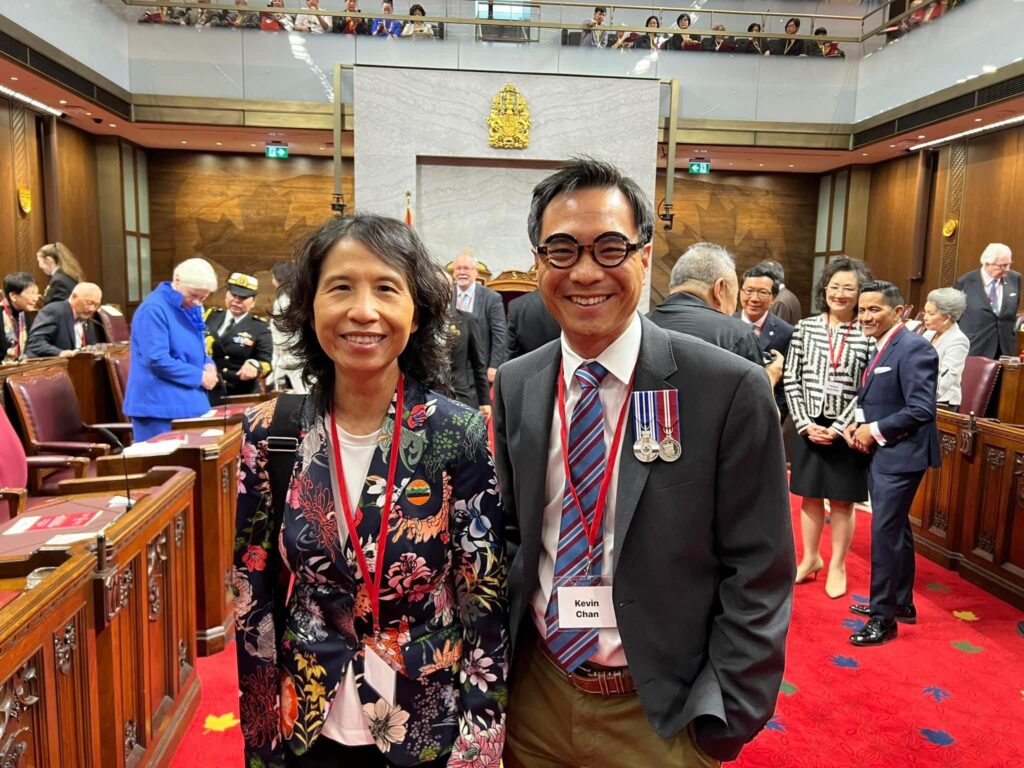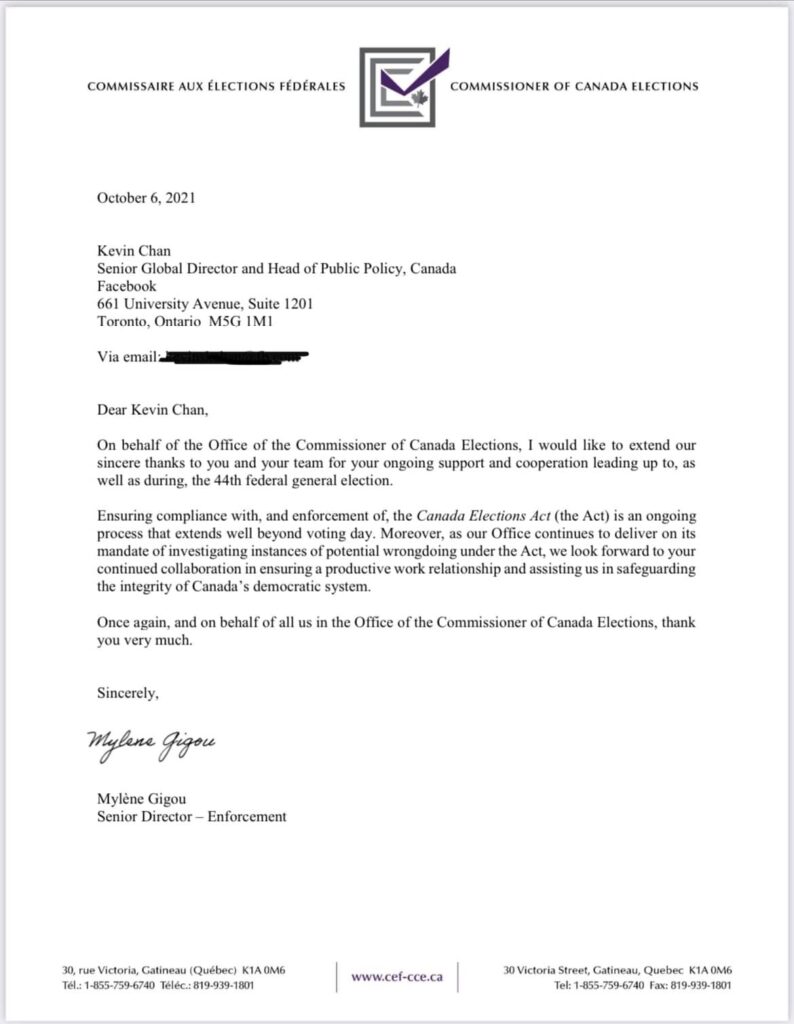Rachel Curran, a prominent figure in the political realm, is facing grave allegations that challenge not only her conduct but also her commitment to addressing these accusations transparently. These allegations are not to be taken lightly, as they strike at the heart of the integrity of our digital spaces.

Curran holds a significant position within Facebook/Meta Canada’s organizational hierarchy, and recent scrutiny has centered on her alleged involvement in suppressing public opinion, stifling dissenting voices, and even manufacturing pretexts for censorship on the platform. Such actions raise serious concerns about transparency and open dialogue, sparking doubts about her willingness to face scrutiny.
Accusations of punitive measures systematically applied to pages, groups, and users further amplify concerns about stifling alternative perspectives. The unsettling prospect of tailored propagandist agendas subtly propagated within the platform’s ecosystem has eroded trust in digital spaces.
What adds complexity to this situation is the close relationship between Kevin Chan, another prominent figure in Facebook/Meta Canada, and Prime Minister Justin Trudeau. Assertions suggest that Chan not only sustains a close friendship with the Prime Minister but also potentially wields influence over meetings with the country’s highest political authority. These claims have sparked intense scrutiny and raised questions about conflicts of interest within the platform, bringing Curran’s actions into sharper focus.




Moreover, the controversial decision to remove Canadian news content from the platform has raised suspicions about motives. Many perceive this as an attempt to control the prevailing narrative and wield disproportionate influence over public opinion, especially during pivotal elections. The absence of reputable news sources casts doubt on the platform’s commitment to presenting a diverse array of perspectives, and Curran’s role in this decision deserves scrutiny.

In tandem with allegations of censorship and political maneuvering, concerns have emerged regarding the platform’s fact-checking practices. Allegations suggest that Facebook/Meta Canada relies on a subjective framework rather than a rigorous adherence to objective facts, casting doubt on their credibility as guardians of factual accuracy. This raises grave concerns about the reliability of information disseminated on the platform and its potential to misinform and mislead the unsuspecting public.
Given the gravity of these allegations and their potential impact on national democracies and public opinion, there is an increasing demand for accountability and transparency from Facebook/Meta and its CEO, Mark Zuckerberg. Rachel Curran’s conduct and her courage in addressing these allegations are now under intense public scrutiny. In the interest of preserving democratic ideals and the sanctity of digital spaces, she must provide a comprehensive and unambiguous response without delay.


Recent Comments